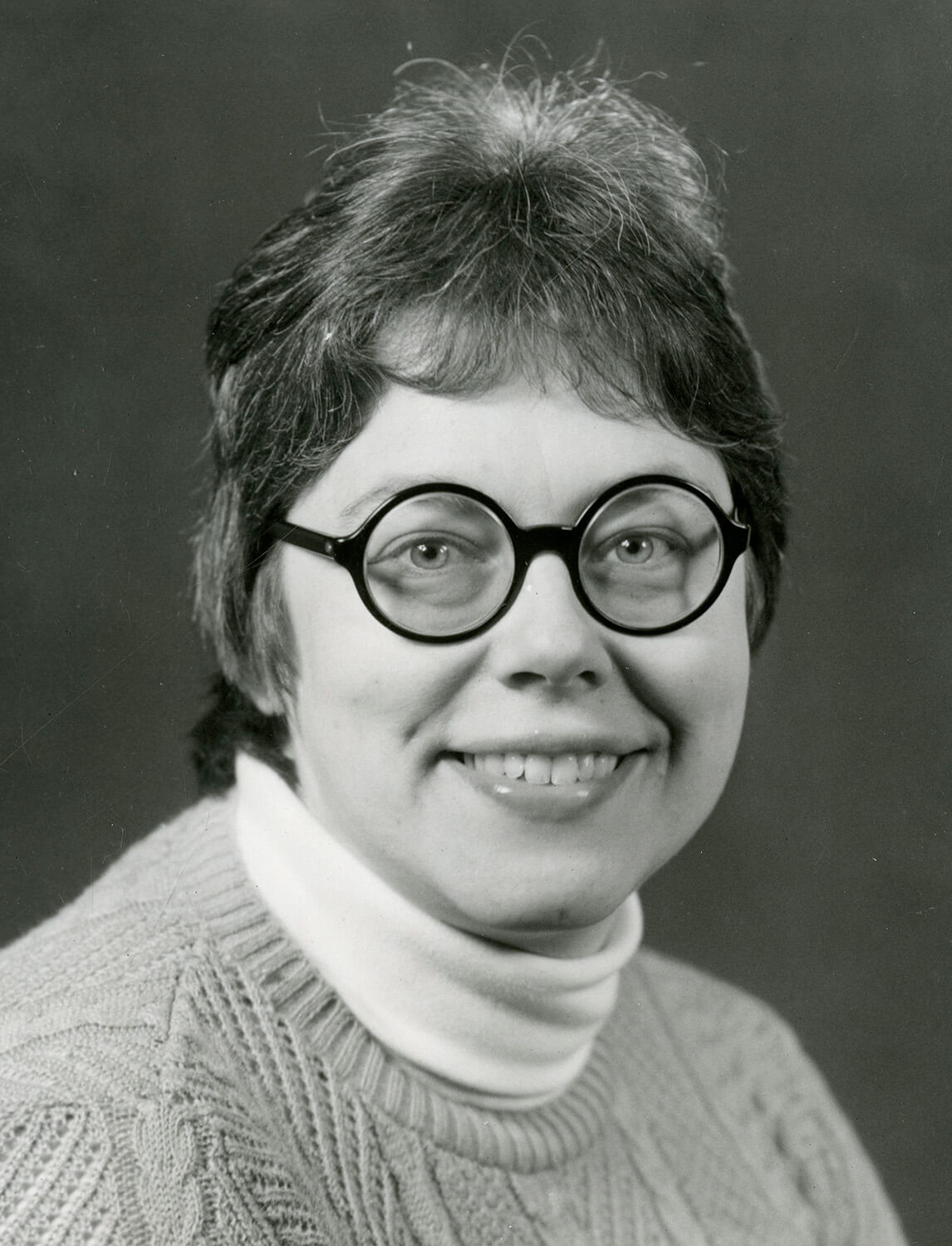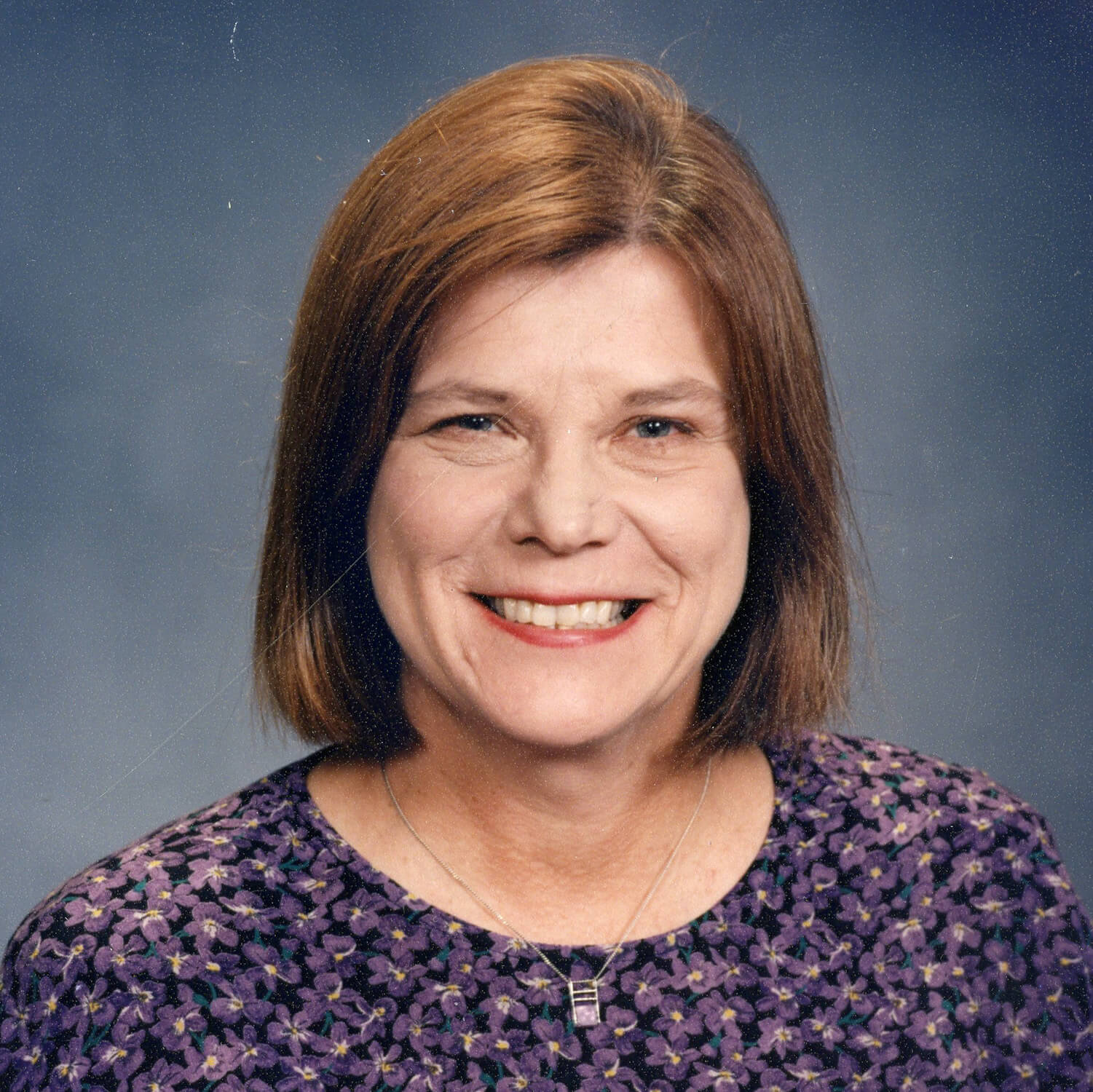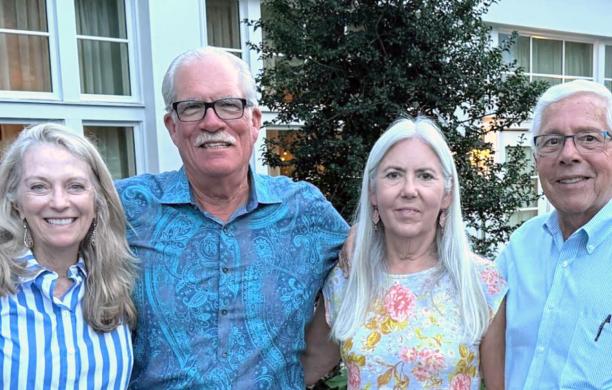In 1971, Lehigh admitted 169 undergraduate female students, officially marking the start of co-education at Lehigh. Subsequently, the university began to bring women professors to campus as well. Anna Pirscenok Herz, department of modern foreign languages and literature, became the first woman promoted to full professor, and in 1972, she became the first woman named a department chairperson at Lehigh. Herz died in July 2013 at age 91.
Among those who joined Herz in those early days of co-education at Lehigh were four English professors: Rosemarie Arbur, Elizabeth Fifer, Rosemary Mundhenk, and Barbara Traister. In 2014, a student documentary highlighted the journey of “The First Four,” featuring testimonials, insights, and impact as told by the four. It was created by Liana Prodorutti ’16, Laura Casale ’15 ’16G, Meghan Barwick ’15, and Nadia Sasso ’14G.
“This film was part of the very first truly pilot program of what has become the Mountaintop Summer Program run by Creative Inquiry,” noted Michael Kramp, professor of English, who mentored the student filmmakers along with Julia Maserjian, former digital scholarship manager for Library and Technology Services.
Over 10 years after the documentary won honors at the Greater Lehigh Valley Film Festival, we reached out to Mundhenk and Traister for their reflections.
Rosemary Mundhenk
Professor Emerita
What is one thing that stands out most from your first year at Lehigh?
The kind support of the majority of the male senior faculty in the English department, especially (for me at least) Professors [James] Frakes, [Carl] Strauch ’34G, [Albert] Hartung ’47 ’49G ’57G, [Frank] Hook, [E. Anthony] James, and [Peter] Beidler ’65G ’68G.
What is the biggest lesson from your experience?
The bravery and grit of the first few classes of women, given the silly decision to admit so few. And the naivete of believing in linear progress.
Barbara Traister
Professor Emerita

What is one thing that stands out most from your first year at Lehigh?
Coming to Lehigh was a real shock for me. I had been teaching in a small liberal arts college in the Midwest for five years. The school had always been coed and had a few women faculty, though I was the only one in the English department. Lehigh struck me as very male; almost all the faculty and the student body were men. Fortunately, the other women in the department were there for mutual support, and our male colleagues often tried to be supportive as well. I remember one senior department member visiting all our offices the day before the first departmental faculty meeting, counseling us to not say a word during the meeting. "Let us all get to know you individually first," he suggested. "Then we'll be better able to hear what you have to say."
What is the biggest lesson from your experience?
What I learned that year was that I could change my style and that students and colleagues could and would change their expectations, and by year's end, I felt comfortable in my classroom and at the university. Lehigh was and is a pretty welcoming place. The changes in the climate for women have been dramatic and positive in the 40-some years since I arrived in Bethlehem.



